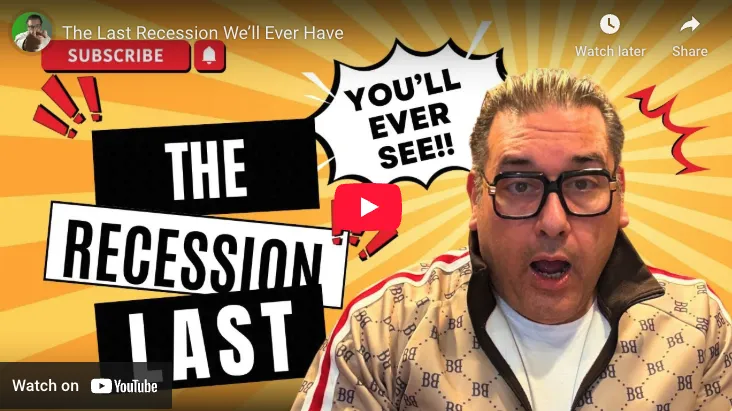
The Post-Truth Recession: Why the Economy Feels Worse Than the Headlines Say
Welcome to the “Booming Economy” — Or So They Say
If you’ve been told the economy is doing great right now, you’re not alone. According to recent reports, the U.S. unemployment rate is sitting at a low 4.2%. The Fed claims we’ve achieved a “soft landing,” and some pundits are even talking about a new economic expansion.
But if you’re working two jobs, spending $400 on groceries at Costco, and dodging crowds at Trader Joe’s on a random Tuesday afternoon, you’re probably wondering: What economy are they talking about?
The disconnect between official numbers and everyday life has never felt wider. And it’s not just your imagination—it’s statistical manipulation.
Phantom Jobs and Convenient Revisions
The Bureau of Labor Statistics (BLS) recently revised its job data—quietly removing over 600,000 previously reported jobs from the books. That’s not a typo or a rounding error. That’s more than half a million jobs that were counted... and now aren’t.
These “phantom jobs” highlight a much deeper issue: headline economic figures often paint a rosier picture than what’s really happening. When revisions this large are buried in footnotes, it’s not just misleading—it’s gaslighting the American workforce.
The Real Cost of the “Strong Economy”
While the stock market cheers over foreign bond sales and Saudi investments, regular Americans are juggling gig work just to keep up. Wages haven’t kept pace with inflation, and the cost of essentials—from gas to groceries to health care—continues to climb.
It’s a strange reality where:
You need an extra side hustle to pay for your kid’s braces.
Swiping your card at checkout feels like a gamble.
You feel poorer every month, even if your paycheck hasn’t changed.
This isn’t what economic health feels like. It’s what a post-truth recession looks like.
The Fed’s Narrative vs. Your Reality
Federal Reserve Chair Jerome Powell continues to tout economic “resilience,” suggesting that inflation is under control and that the worst is behind us. Meanwhile, families are delaying home purchases, skipping vacations, and putting off medical procedures because of financial strain.
The data says things are fine. Your wallet says otherwise.
What This Means for Homebuyers and Homeowners
In uncertain economic times, housing decisions become even more critical. Mortgage rates may fluctuate, home prices might level off or rise, but the key factor is how stable your personal economy is. If you’re feeling the squeeze now, taking on a large monthly housing payment could only deepen that stress.
Ask yourself:
Can I comfortably afford this mortgage if rates or inflation creep back up?
Am I relying on income from multiple jobs to make ends meet?
Is my job or industry vulnerable to a slowdown?
These questions matter more than the national unemployment rate or next month’s inflation report.
Final Thoughts
We’re in an era where headlines and lived experience rarely match up. Yes, some numbers look strong on paper—but the day-to-day financial pressure many Americans feel tells a very different story.
Whether the government ever admits we’re in a recession doesn’t change the reality you’re living in. Make decisions based on what you feel in your bank account, not just what gets reported in the news.
You know better than anyone what kind of economy you’re in.
Sources
Forbes – https://www.forbes.com
Investopedia – https://www.investopedia.com
CBS News – https://www.cbsnews.com
U.S. Bureau of Labor Statistics – https://www.bls.gov
Pew Research Center – https://www.pewresearch.org


